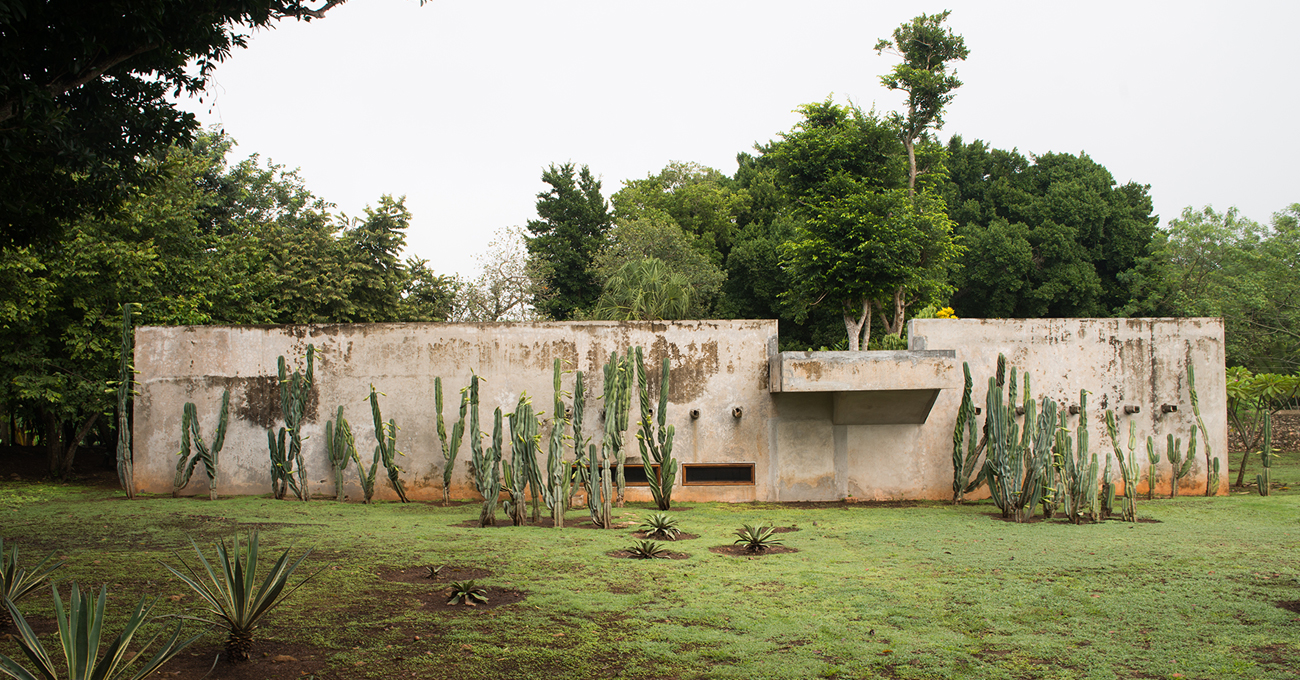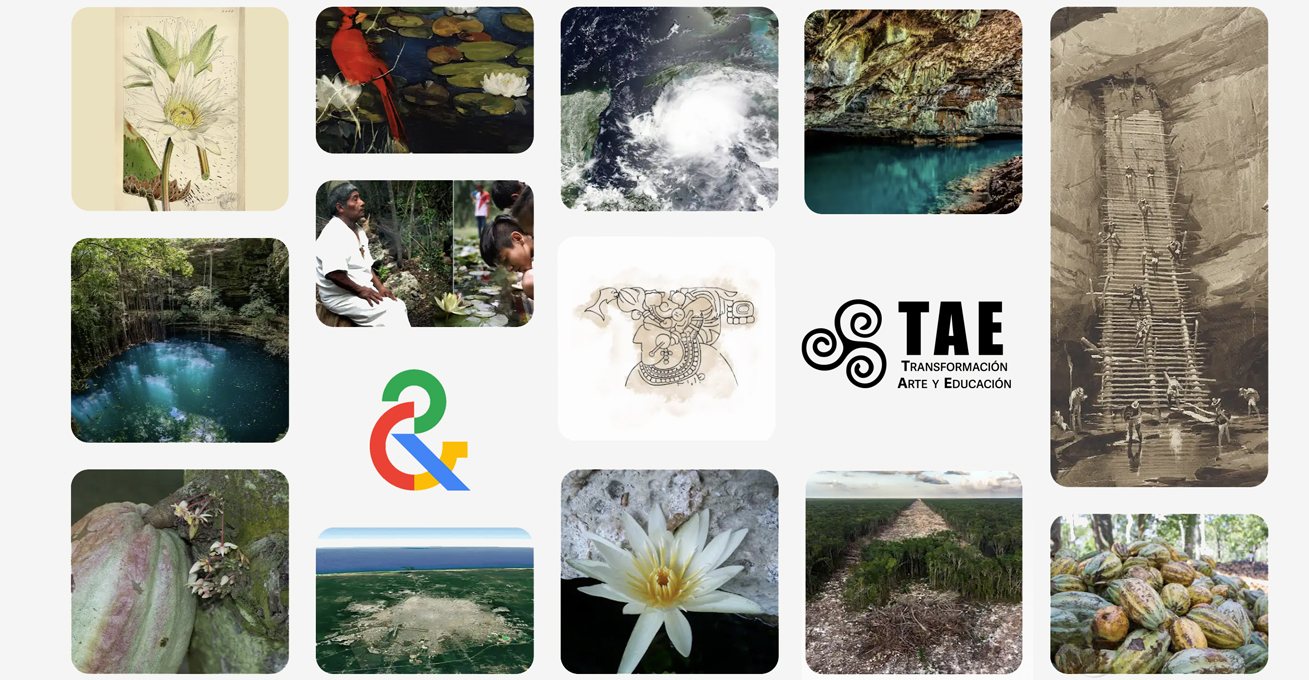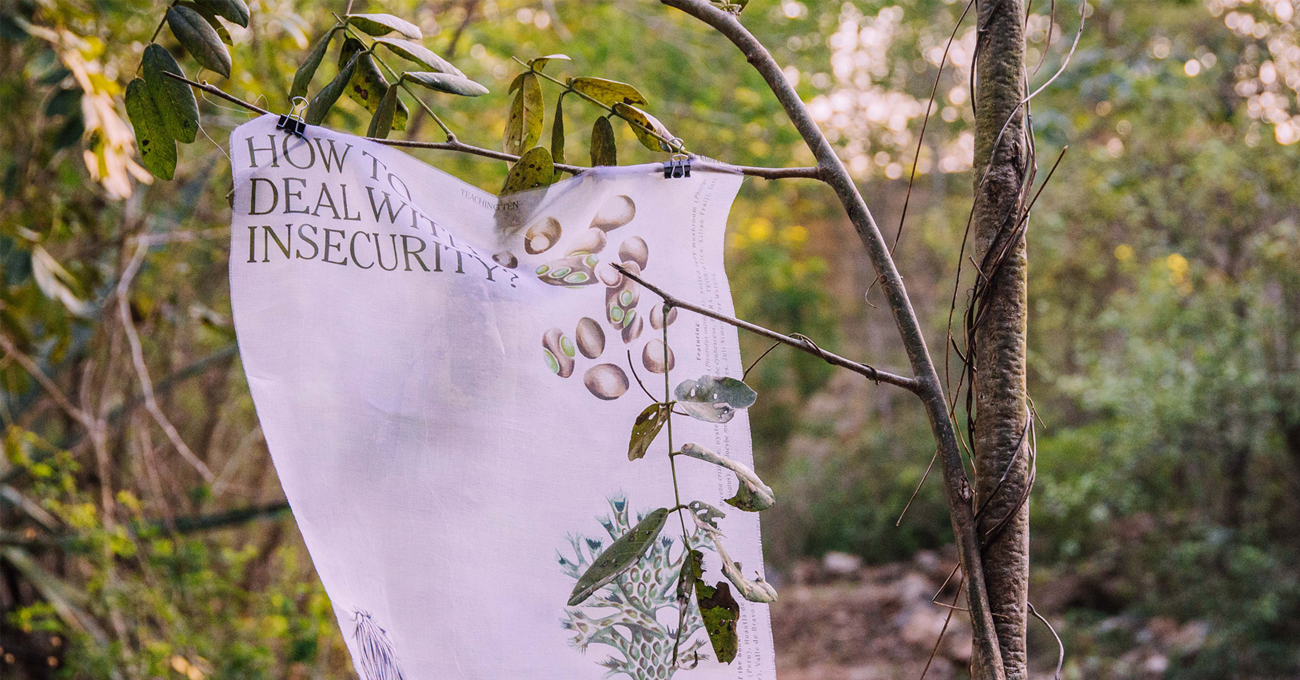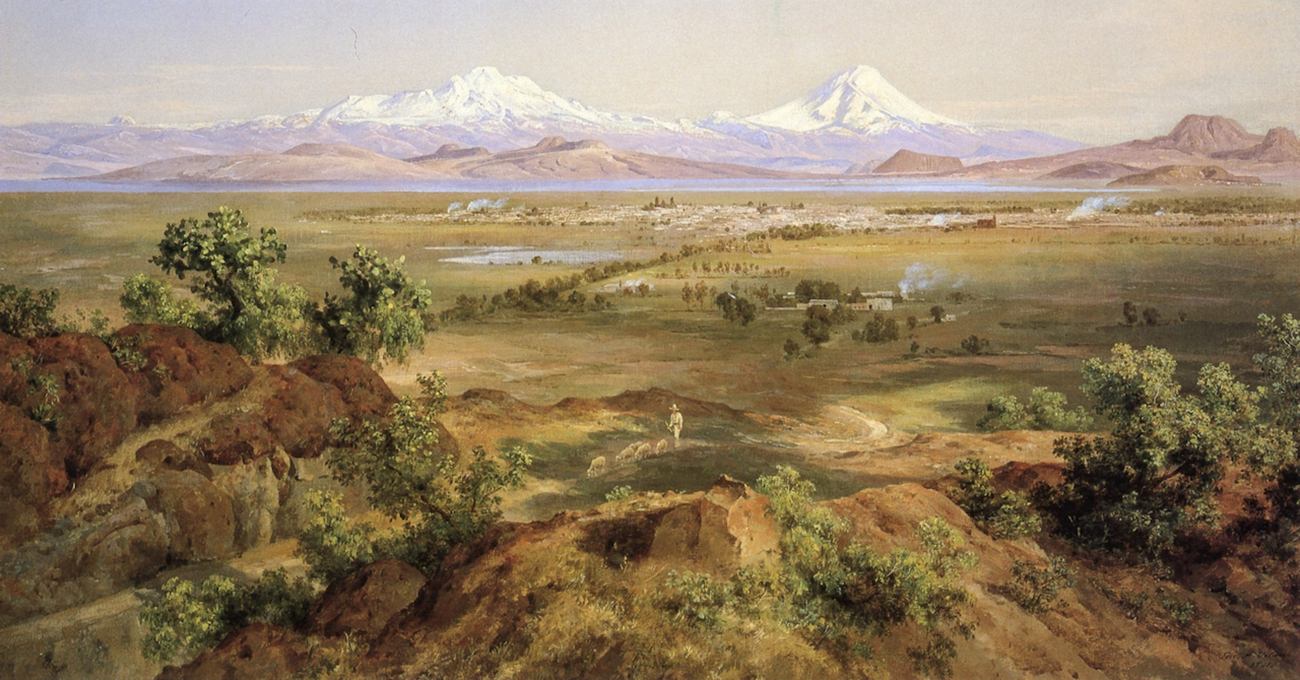
“Wisdom is more vulnerable than beauty; for wisdom is an impure art,”
In the last 20 years, Yucatán has emerged as a destination that attracts artists, creators and personalities from the World of Art. Beyond the cultural wealth of the Mayan civilization, both Mérida and the art scene in its broadest dimension (beyond museums, galleries, artistic and architectural projects), manifest as a living culture, with culinary art and natural jewels. However, we cannot forget that cultural and ecological challenges increase day by day.
TAE conceives Yucatán as an expanded campus of creation, that is, a territory that houses projects that manifest different levels of reality, history and cosmology. Such is the case of site-specific works of art, collaborations with artists and community creations.
Recently, members of the Board of Trustees of the Nelson-Atkins Museum of Art (Kansas City, USA) visited various cultural institutions in Mérida with TAE. In my role as president of TAE, I spoke with the Director of the Nelson-Atkins Museum of Art, Julián Zugazagoitia, about the role that Museums have in the face of the complex challenges of today's reality.
We both recognized the need for museums to rethink themselves; the urgency of transforming the interaction with visitors, to create experiences that involve them without limiting them to being only passive recipients of information. By bringing to light the notion of a museum as a living space, we expand the possibility of a richer and more meaningful relationship with works of art and cultural objects.
The mission of the Nelson-Atkins, founded in 1933, was to bring a representation of the world to everyone who set foot on its premises. The Museum is made up of collections that date back to different centuries and come from various civilizations. Due to the North American context of the 1930s, visiting the museum was the only opportunity in the Midwest to come into contact with a universal vision of Art.
Today, digital reality brings us closer to the entire world and its cultural manifestations. In addition, there are many possibilities to travel. In Julián's words, the museum is seeking to move from “the idea of the museum that comes out of the encyclopedia and shows wonderful examples from different cultures and times, to the incorporation of a broader vision of knowledge, which inspires access to beauty, to creation and human creativity in a more personal way.”
In light of this intention to redefine the paths of museums, the question arose: how did your visit to Yucatán inspire you to explore new avenues and imagine new horizons? In response to my question, Julián asked another question: how can we overcome the architectural, temporal and curatorial walls that we designate to art? How can we find alternatives to move the museological experience outside and take advantage of the beauty of the natural environment?
Julián confirmed the surprising presence of nature in all his tours through Yucatán. On the other hand, he said, “Yucatán invited us to reflect more deeply on the concept of continuity, a concept that is very present in Nelson-Atkins’ museological vision.”
In short, the continuity experience is vibrant in Yucatán. The Mayans of today are heirs of those who lived in sacred sites and cities, those who saw the heavens and drank the water we drink today. Even today, the daily experience of the Mayans is impregnated with a way of being, of seeing and feeling, and of being in a relationship with an archaic, deeply cosmological origin.
These reflections reveal to me the importance of dialogue and shared experience between cultural institutions since the problems and challenges we face today demand participation. In my view, the wonderful thing about Yucatán is that it is a living museum; the territory is that museum that preserves beauty, creation, and human creativity.
After this fruitful meeting, I am clearer about the role that museums and Art have in the evolution of cultural thought. Rethinking the goals and purposes of different cultural institutions and of Art itself is essential to preserving the legacy of a culture that is extremely vulnerable today.



